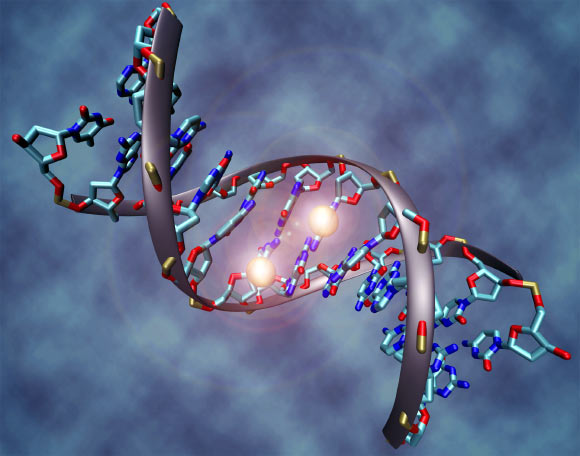Long-Distance Gene Control Appeared Over 650 Million Years Ago, Study Suggests
The research utilized advanced computational methods to reconstruct the evolutionary history of genes responsible for the production, detection, and degradation of these monoamines. The findings suggest that these genes emerged in the bilaterian stem group—a lineage of animals exhibiting bilateral symmetry . This innovation likely played a pivotal role in the Cambrian Explosion, a period of rapid diversification of life forms on Earth, by enhancing the flexibility of neural circuits and facilitating more complex interactions with the environment .
This study not only sheds light on the ancient origins of complex behaviors but also opens new avenues for research into how these foundational genetic systems have influenced the evolution of cognition and behavior across different species.
#GeneRegulation
#Epigenetics
#Genomics
#EvolutionaryBiology
#MolecularBiology
#AncientGenes
#GeneExpression
#Neurogenetics
#CambrianExplosion
#MonoaminergicSystem
World Cell Biologist Awards:
Website Link : cellbiologist.org
Nomination Link : cellbiologist.org/award-nomination/?ecategory=Awards&rcategory=Awardee Contact Us: contact@cellbiologist.org
Follow Us On :
Twitter : twitter.com/account/access
Linkedin : .linkedin.com/in/research-scholar-10278a323/
Tumblr ; tumblr.ccom/




Comments
Post a Comment